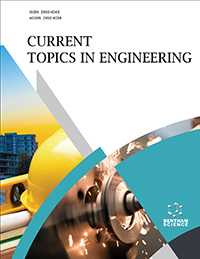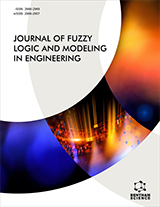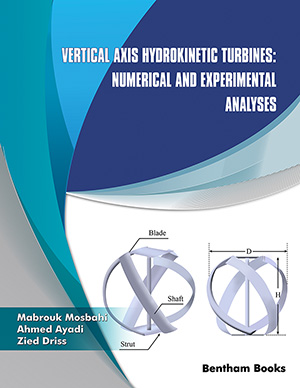Abstract
This paper presents a comparison between the different adaptive algorithms for designing a cost-effective Anti-Noise Control (ANC) system. Typically, the ANC systems use linear FIR-adaptive filter Filtered- Least Mean Square (FxLMS) configuration. FxLMS is straightforward in hardware implementation but, its efficiency substantially degrades in case time-varying and non-linear acoustic environment and the probability that it will converge to local minima. Meanwhile, the implementation of Trigonometric Functional-Linear Adaptive Neural Network (FLANN) enhances ANC performance for non-linear noise signals. However, at the same time, it increases the complexity of hardware implementation and is unable to solve the problem of local minima convergence. Whereas evolutionary algorithms -Genetic Algorithm (GA) and metaheuristic algorithm Particle Swarm Optimization (PSO) increase the robustness and stability in non-linear, and the time-varying acoustic environment with absolute zero probability to converge to local minima. This paper briefly discusses on implementation of FxLMS, FLANN, PSO, and GA-based ANC systems. Further, simulation compares Mean Square Error, BER, and PSNR to provide computational efficiency of these algorithms.
Keywords: Active Noise Control, Adaptive algorithm, Filtered-Least Square Method (FxLMS), Functional Link Adaptive Neural Network (FLANN), Genetic Algorithm (GA), MSE, Particle Swarm Optimization (PSO), PSNR, SNR.






















